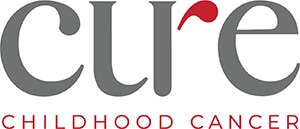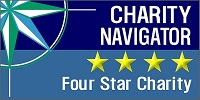by Lillian R. Meacham, MD
It is important that childhood cancer survivors focus on staying healthy after cancer. Here are some helpful tips to consider:
1. Make your appointment to visit a cancer survivor clinic. Survivor visits begin when you are two years past the completion of cancer treatments. If you have reached this milestone, talk to your oncologist about a referral to the Aflac Cancer Survivor Program. In the cancer survivor clinic, you will be educated about your risk for any late effects which might be side effects from your cancer treatment. You will also be checked for those side effects through labs or screening tests. You may see an oncologist, an endocrinologist, a pediatric psychologist, and a social worker. The number of providers you see is based on your health needs. If you already attend survivor clinic, be sure to make your appointment for 2019.
2. Find and review your survivor healthcare plan. If you have already been to survivor clinic, review the survivor healthcare plan you received in clinic. The survivor healthcare plan will outline the cancer treatments you received, the late affects you are at risk to develop, and how the survivor team plans to check you for any late effects. If you have any questions about what you find in your survivor healthcare plan, jot them down and bring them to clinic with you. If you can’t find your survivor healthcare plan, check Cancer Survivor Link online! If you are registered for Survivor Link at www.cancersurvivorlink.org, each year when you come to the Aflac Survivor clinic the team will upload the newest version of your survivor healthcare plan to your electronic record.
3. Learn a new self-management health skill. If you are an adolescent or young adult, work on a new survivor skill. A parent of a younger survivor could help him or her choose and develop a skill. This could be the survivor calling to make the clinic appointment, making the co-pay at the time of the appointment, or downloading the survivor healthcare plan from SurvivorLink. You may choose to know the names and doses of your medications or call in the refills this year. There are many skills that need to be learned, but if you learn them one at a time you will have them all down in no time.
4. Be sure to keep seeing your primary care provider for normal child and adolescent medical care and visit your dentist twice a year. Sometimes there are so many specialty doctor’s visits, it is hard to fit in the “normal” visits, but they are important too. You want to keep your primary care physician up-to-date on your health so he or she can take care of your routine medical needs. Also, don’t forget to get your teeth cleaned and eyes checked.
There are several skills a young survivor needs to learn to maintain health. By working to master one or more of these skills in the coming year, you will be setting yourself on the right path to a healthy life after cancer.




